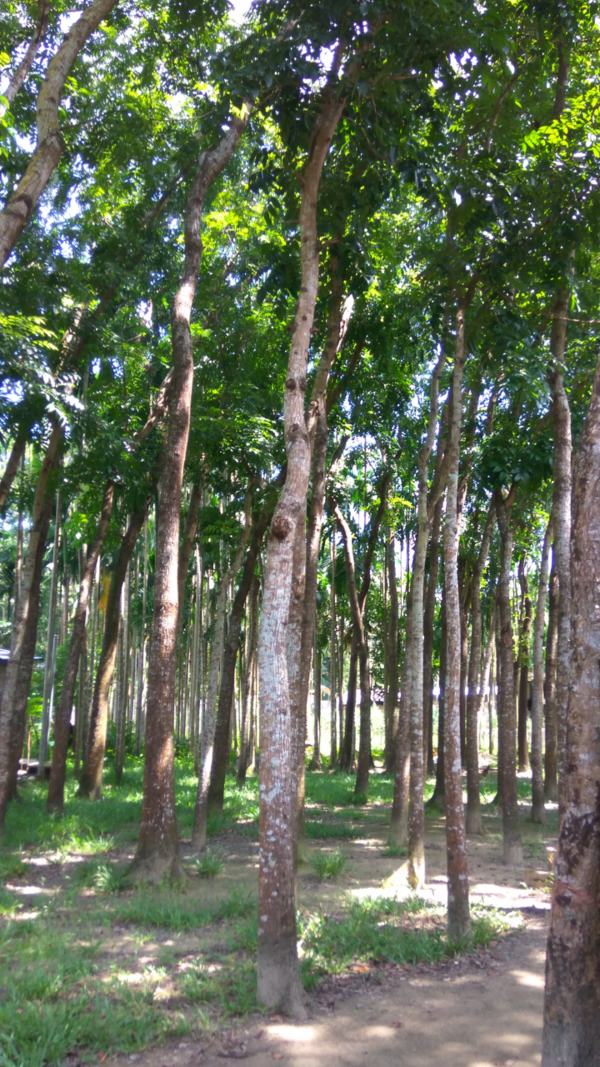Just 85 kilometers (53 miles) separate the capitals of Lebanon and Syria. But recent political developments in Damascus may have far-reaching consequences across the border, and Lebanon's newly elected president,
Joseph Aoun, is paying close attention.
Earlier this week, US President Donald Trump announced his intention to lift decadeslong sanctions on Syria. While details of those plans remain vague, such a move could pave the way for Damascus to reenter international markets, attract foreign investment and regain diplomatic support from the Washington, Saudi Arabia and a number of Gulf states.
"Stability in Syria will positively impact Lebanon and the entire region," Aoun said Tuesday following Trump's announcement, calling it a "courageous decision" by the US.
Refugees and rebuilding
More than 1.5 million displaced Syrians, many undocumented, fled to neighboring Lebanon since the beginning of the country's civil war in 2011, according to the UNHCR, the United Nations refugee agency.
Beirut has repeatedly called for them to return, arguing the ouster of former dictator President Bashar Assad in December should open the way for repatriation.
"We can no longer categorize them strictly as refugees," said Aoun, who took office in January ending a two-year political deadlock.
He suggested that many people may now be classified as economic migrants, rather than individuals in need of asylum protection.
Lebanon continues to face major internal challenges of its own. The country continues to suffer from soaring inflation, at one point exceeding 250%, the fallout of a collapsed banking sector and years of political turmoil. According to Human Rights Watch, over 80% of the population lives below the poverty line.
Regional instability has further complicated matters. Clashes and cross-border strikes between Israel and Hezbollah in Lebanon, which have been widely halted following a November 2024 ceasefire, placed an additional burden on the country. The World Bank estimates Lebanon will need around €9.83 billion ($11 billion) in aid to assist with reconstruction and recovery needs following years of regional conflict, political and economic turmoil, and the 2020 Beirut port explosion.
'Integration exceeds competition' for Syria and Lebanon
As Syria begins to engage with other countries, some analysts are worried Lebanon may be left behind and not able to keep pace with the rate of change across the border.
"If Damascus precedes Beirut in reconciling with the Gulf states and establishing geopolitical relations in the region, it will have the advantage of seizing political and economic opportunities," Sami Nader, director of the Washington-based Levant Institute for Strategic Affairs, told DW.
On the other hand, Nader believes Lebanon, which is much smaller in size and population than Syria, may also benefit.
"The Lebanese market, which serves approximately 5 million, and the Syrian market, which serves approximately 20 million, could become one huge market," he said, adding that "Syria is a key corridor for the export of Lebanese goods by land."
The lifting of sanctions, he said, could lead to an opening of the land corridor, which will in turn link Lebanon to Jordan, Iraq and the Gulf countries.
"Economic integration between Lebanon and Syria will exceed any competition between these two countries," said Nader.
Lebanonse Finance Minister Yassine Jaber echoed these sentiments, telling Lebanon's
L'Orient Today newspaper that potential projects, such as "the passage of Iraqi oil to the Tripoli refinery, the establishment of a fiber optic line, the electric connection between five countries, as well as the transport of gas and electricity from Egypt and Jordan to Lebanon," represent "a positive signal" for the country.
Lebanese companies are also expected to contribute to the reconstruction of Syria's infrastructure, much of which was damaged during the civil war.
Returning refugees a top priority
It remains unclear when or if any sanctions will be lifted.
"Syrians know that the US has expressed the will to lift all sanctions on Syria, but this may be more complicated to achieve in reality," Kelly Petillo, Middle East researcher at the European Council on Foreign Relations, told DW.
Removing sanctions, Petillo believes, will first benefit those in Syria, many of whom are living in temporary accommodation and who have been displaced multiple times.
Petillo cautioned, however, against rushing returning people to Syria.
"For somebody who's been away from Syria for years, it will take quite a long time to decide to go back even with economic relief."










